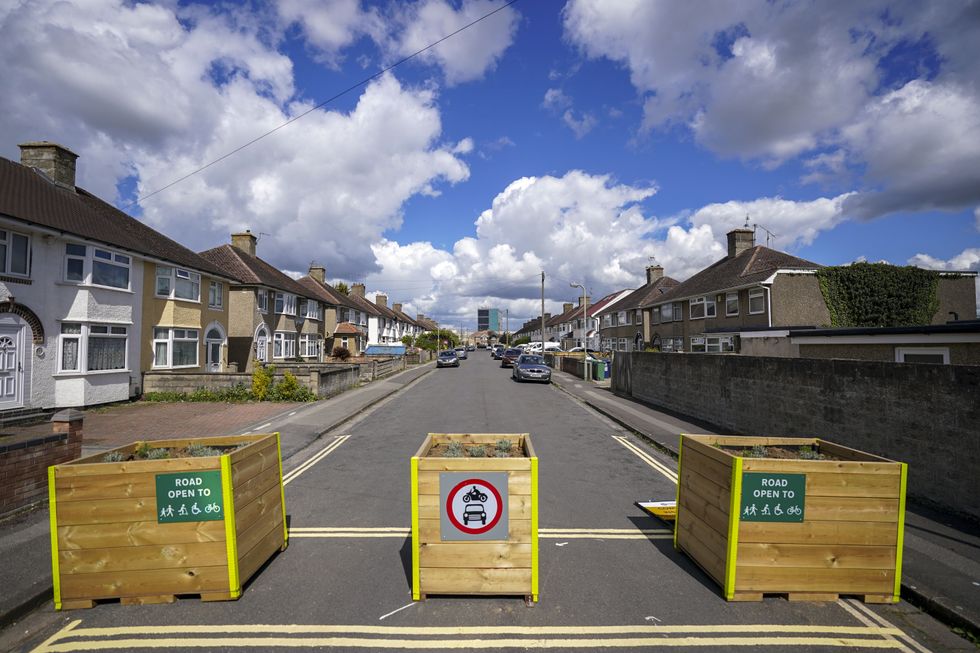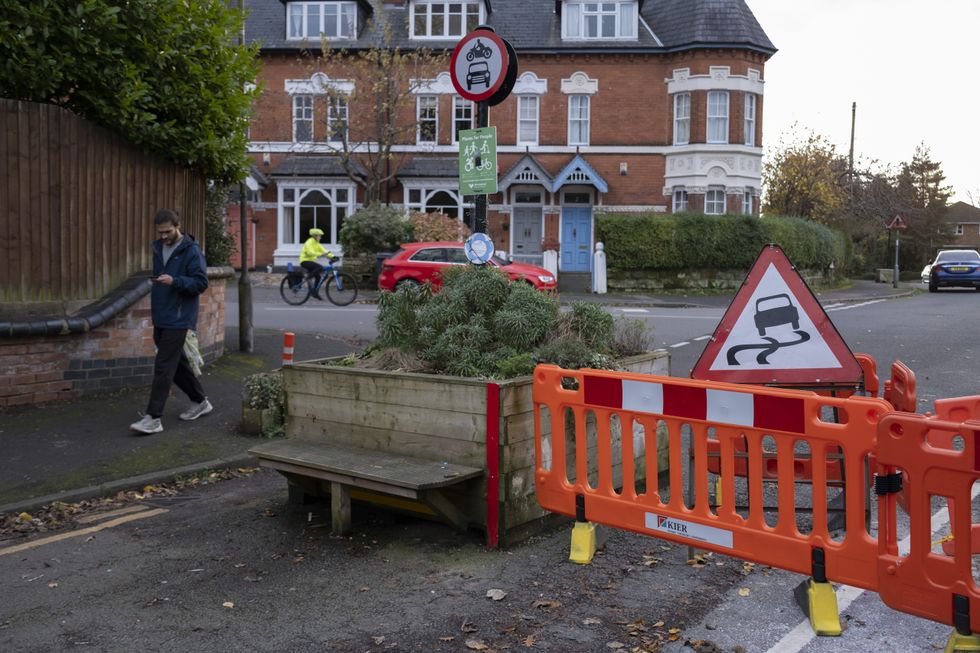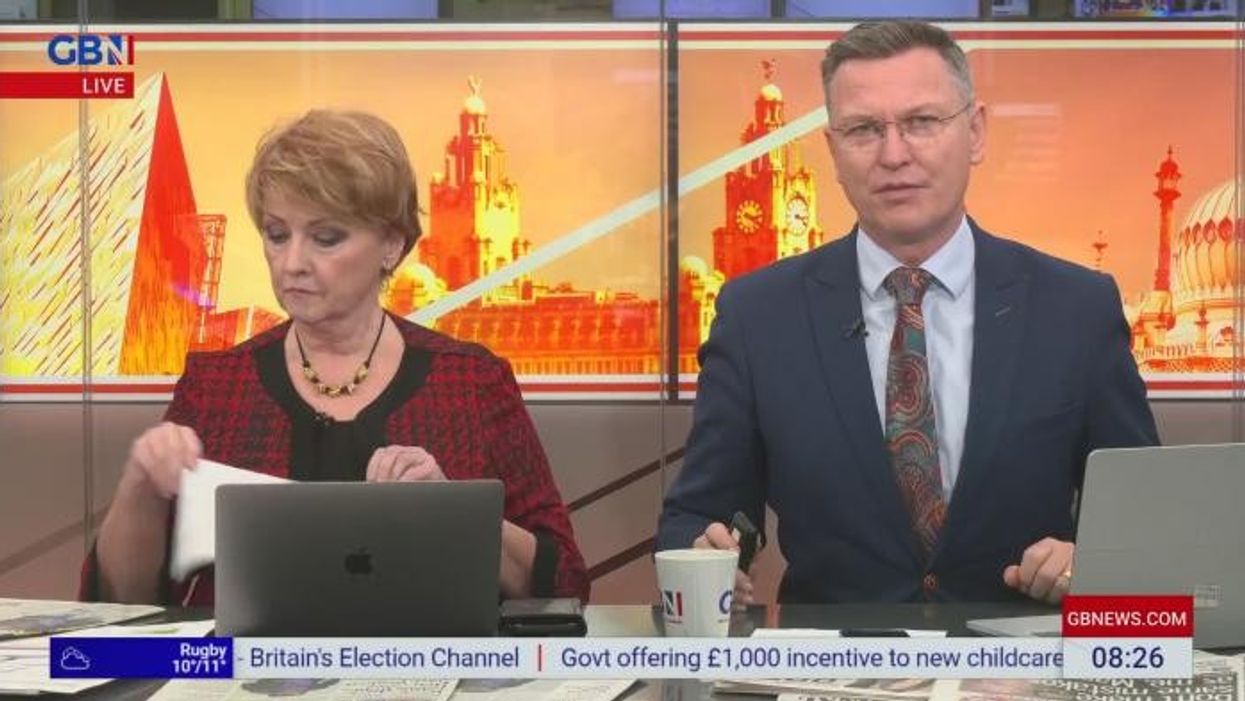Low traffic neighbourhoods to be reviewed as local residents warn the schemes 'affect your life'

If caught, drivers could be fined £130 for breaching LTN rules
Don't Miss
Most Read
A review has been launched into the effectiveness of low traffic neighborhoods after residents have complained they are too disruptive to be useful.
Research found that, while LTNs can work, in the right place, the lack of understanding behind them has overshadowed their ability in some councils.
Low traffic neighbourhoods are an area-wide traffic management scheme aimed at reducing or removing through traffic from residential areas, put in place using restriction signs or physical measures such as planters or bollards.
In the consultation, the Department for Transport said that too often local people don’t know enough about them which leads to increasing frustration.
Do you have a story you'd like to share? Get in touch by emailing motoring@gbnews.uk

36,459 penalties were issued to drivers for breaching the LTN zones
| PADespite locals protesting against the implementation of LTNs, more schemes continue to be proposed by councils who argue they help keep streets clear.
The LTN restrictions are enforced by CCTV cameras and if caught, drivers could be fined £130, reduced to £65 if paid within 14 days. If the charge is not paid, the penalty will increase to £195.
Data from 36 schemes across the UK showed how an average of 36,459 penalties were issued to drivers for breaching the LTN zones.
The consultation aims to look at whether councils should continue to regularly use low traffic neighbourhoods and if they aren’t working, why this is the case and what measures need to be put in place to change this.
Commenting on the enquiry, the Transport Secretary said he will carefully consider how councils follow it, alongside other appropriate factors, when looking at funding decisions.
Separately, a consultation will also be launched on targeting the use of DVLA data by councils to enforce “substandard” LTNs and other anti-motorist traffic schemes.
Mark Harper added that the Government can make changes to the legal framework, if necessary.
He said: “We need a fair approach, where local support is paramount, and this guidance sets out how that can be achieved.”
While the schemes can provide some benefits, particularly for active travel and air quality, the impact on residents has mixed reviews.
Taking to social media, one person said: “[LTNs] always sound like a good idea, and there's no doubt they bring some benefits, but the reality of restricted access soon starts to affect your life.
“No parking, no visiting, no deliveries, traffic being forced onto other routes (causing more pollution and congestion somewhere else). It quickly loses its initial appeal.”
The importance of engaging effectively with the whole community is clear, the Department for Transport remarked.
LATEST DEVELOPMENTS:
- New motoring law changes could see motorcycles allowed to drive in bus lanes - 'Long time coming'
- Drivers given £185million funding boost for new electric car chargers to help them ditch petrol and diesel
- British motorists saved from money-grabbing councils with new plans to tackle unfair driving fines

Schemes were more likely to remain in place where good engagement had taken place
| GETTYThe DfT found that schemes were more likely to remain in place where good engagement had taken place.
In the four LTN schemes surveyed in depth, most people in a scheme area were either undecided or unaware of schemes in their area.











